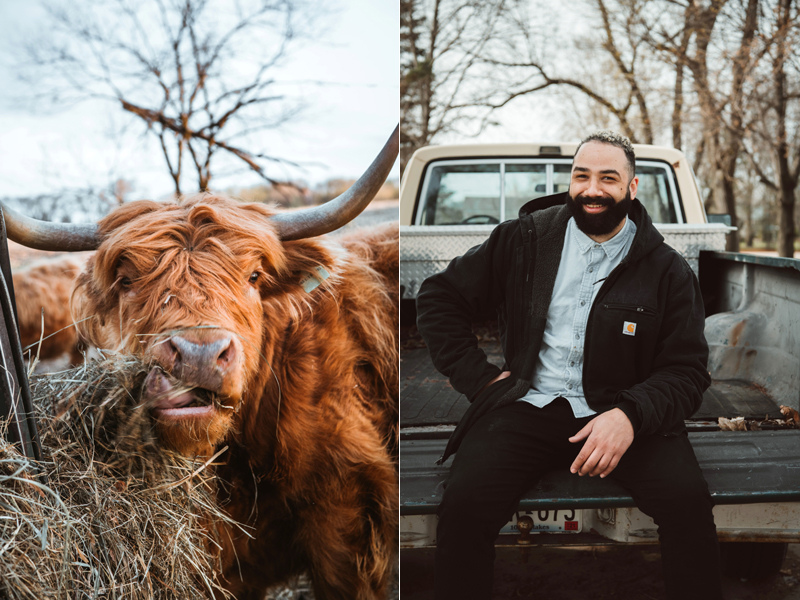PHOTOS BY VICTORIA CAMPBELL
James Raymond puts down his matcha and picks up a pitchfork. He plods out to the middle of the paddock in beige Vessi sneakers, his five wooly cows casting a peculiar gaze.
Their curiosity is not wasted. Watching Raymond fork hay back onto the feeding pile is indeed an odd sight. It’s not just his Caribou order or the toeless Muscovy duck in the barn or even the lanky turkey chick that lives in his breezeway, Raymond is an exception in almost every facet of Midwestern farming.
Located on a 40-acre former corn-and-soybean farm in Webster, Raymond’s farm TünTüm Black Hill is a challenge to the single-crop agribusiness model of farming that is eminent in Minnesota. All the animals are fed organic seed and raised on pasture. No chemicals, barely any fences. Raymond is sharply focused on producing food that’s Michelin Star-quality for home chefs. As one of the less than 2% of farmers in America are Black, Raymond is simultaneously spurring agriculture forward while also bringing it back to its foundations.
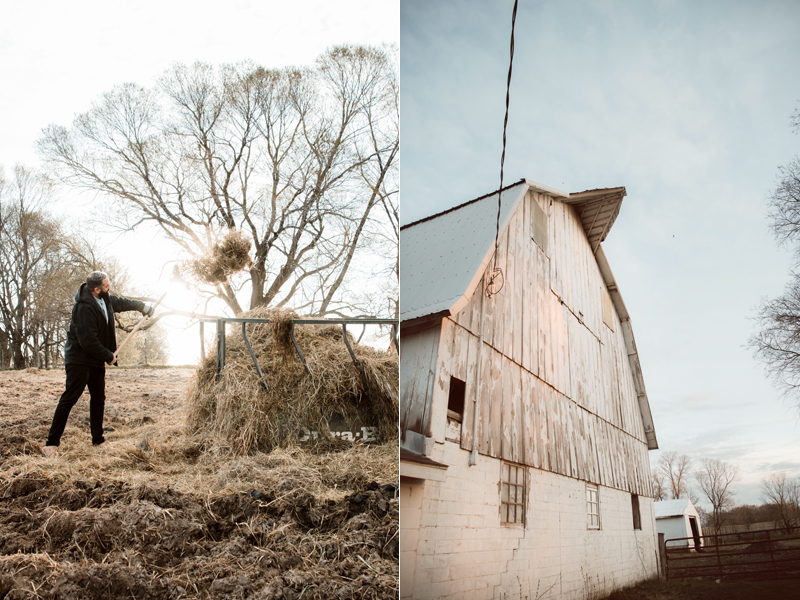 “We haven’t grown for taste and nutrition in 100 years,” Raymond says. “Now, we grow for how much we can produce and how quickly we can produce it.”
“We haven’t grown for taste and nutrition in 100 years,” Raymond says. “Now, we grow for how much we can produce and how quickly we can produce it.”
DON’T BANK ON IT
Raymond dropped out of Minnesota State University, Mankato, in 2010 to pursue a full-time career at US Bank. After being offered a branch manager position, he caught some existential whiplash and quit. He decided to return to cooking, an activity his farmer mother taught him to love from an early age. He worked a few stages around town and quickly developed an appreciation for fine dining. He saw a Craigslist ad for Best Chef Midwest finalist Jamie Malone, of Grand Cafe and Eastside fame, and got a gig cooking with her sous chef, Ryan Cook.
“Jamie would get a lot of really good product, and I found myself developing a better palate,” Raymond says. “All the ingredients that came from small sustainable farms tasted better. And I started to wonder, ‘Why is it better?’ So I started doing research.”
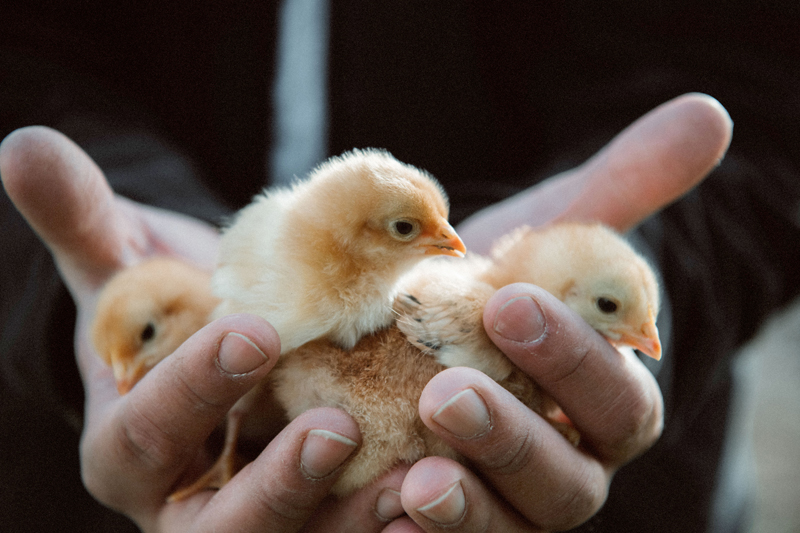 But Raymond’s friction with banks would not end there. He spent the next three years scheming a convoluted farm-to-table enterprise that would, by sequitous happenstance, become TünTüm Black Hill. Raymond’s vision was to run a boutique hotel with a tasting menu restaurant. He put all his savings into a down payment on a residential property near Loring Park with a plan to fully renovate and re-zone. He took up a job at Hotel Ivy to begin to learn high-end hospitality.
But Raymond’s friction with banks would not end there. He spent the next three years scheming a convoluted farm-to-table enterprise that would, by sequitous happenstance, become TünTüm Black Hill. Raymond’s vision was to run a boutique hotel with a tasting menu restaurant. He put all his savings into a down payment on a residential property near Loring Park with a plan to fully renovate and re-zone. He took up a job at Hotel Ivy to begin to learn high-end hospitality.
Then, the pandemic hit. No bank would fund the project, and the sale fell through. Around the same time, demonstrations were erupting across the city over the killing of George Floyd, and Raymond was sent spiraling.
“I was getting really angry, and really sad, and I was wanting to protest,” Raymond says. “I got maced in the face. It felt like I was really getting the hit.” That’s when the depression set in. Raymond couldn’t get out of bed some days. To perk him back up, his wife suggested they purchase some ducks. He bought 120 ducklings and filled their Richfield home, which he sold in October to finance some acreage.
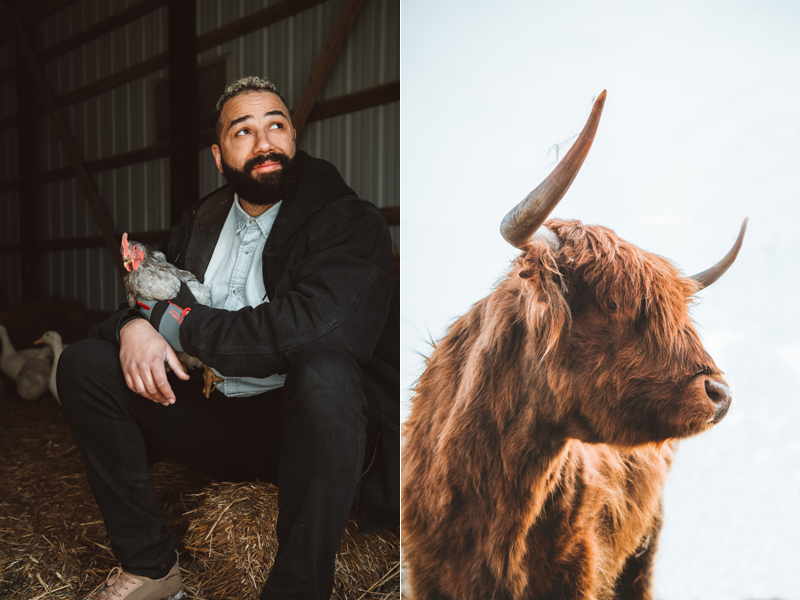 “Once I did the hotel, the plan was to eventually have a farm like in 5 years so we could get most of our produce locally sourced,” Raymond says. “I was like, ‘I guess I’ll just flip it.’ Sold the house, bought the farm.”
“Once I did the hotel, the plan was to eventually have a farm like in 5 years so we could get most of our produce locally sourced,” Raymond says. “I was like, ‘I guess I’ll just flip it.’ Sold the house, bought the farm.”
Raymond makes it seem like he didn’t know what he was doing, but he wasn’t coming into the farm life totally unprepared. Both his parents worked on farms, as did his grandparents. He has cousins who are still actively farming. The name “TünTüm” is Guyanese for “Black Hill,” and it’s Raymond’s way of saying, “I may be unlikely but, I belong here.”
“In this last year, I’ve tried to really embrace more of my Black heritage,” Raymond says. “My mom was a Black farmer, and our family was slaves. My mom has some of the land that we were slaves on.”
LAUNCHING A FARM
It’s a bucolic Saturday afternoon at Dual Citizen Brewing in St. Paul, and you can hear the chirping from the moment you round the corner onto Raymond Ave. Raymond is set up on the patio, elbow deep in a 170-gallon stock tank teeming with 5-day-old chicks.
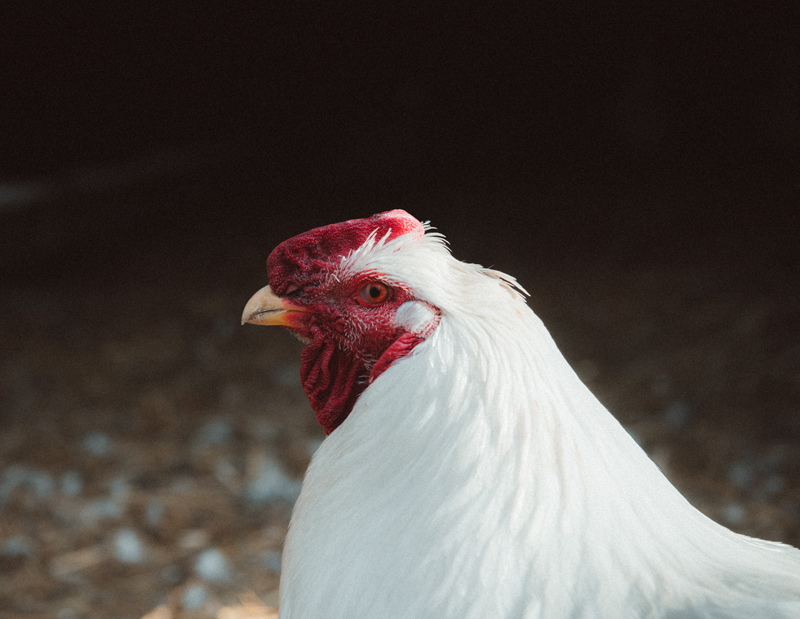 “Do you want to hold a baby chicken?” he says, coercing a passerby. “You know you want to!”
“Do you want to hold a baby chicken?” he says, coercing a passerby. “You know you want to!”
For the average eater, it’s a difficult transition from boneless skinless chicken to the product that TünTüm is offering. He’s not raising Cornish Crosses, freak breeds that grow to full size in 5 weeks and often die of heart attacks from the growth rate. Raymond’s chickens take 15 weeks to grow, and they supersede the sheer marketing of “organic” and “free range.” These are true pasture-raised birds that Raymond basically cohabitates with before he processes them by hand.
“We’re a community-focused brewery, so having another piece to that was awesome,” says Bradley Zimmerman, head brewer of Dual Citizen. Dual Citizen is a Craft Malt Certified brewery, so it was “a no brainer” for them to step in as a CSA sales and pickup spot. The brewer also donates spent grain to feed the chickens. “It’s nice having it go from brewery to farm back to table and to complete that circle with a local vendor.”
Dual Citizen is one of a handful of places where you can find Raymond with his steel tub full of peeping chicks, selling CSA shares and packs of eggs. This Saturday, he’ll be at Bauhaus Brew Labs from noon to 4 p.m., then Dual Citizen from 5 to 9 pm. Sunday, it’s Wooden Hill in Edina from 4 to 6 p.m. Breweries also serve as go-to pickup locations for CSA boxes.
TünTüm’s business model is varied, but 60% of the money comes from CSA shares, which is what Raymond is hawking at Dual Citizen. $679 gets a customer 24 weekly packages of heritage chicken meat, with eggs and freshly baked bread available to add on. There are lower-priced options, like the $79, 4-week beer broiler package, which features chickens fed spent grain from places like Dual Citizen, but Raymond recognizes it’s an enormous departure from the $3.99 lb factory farmed cuts available at Whole Foods. Selling the story of what he’s doing is just as important as the product for Raymond.
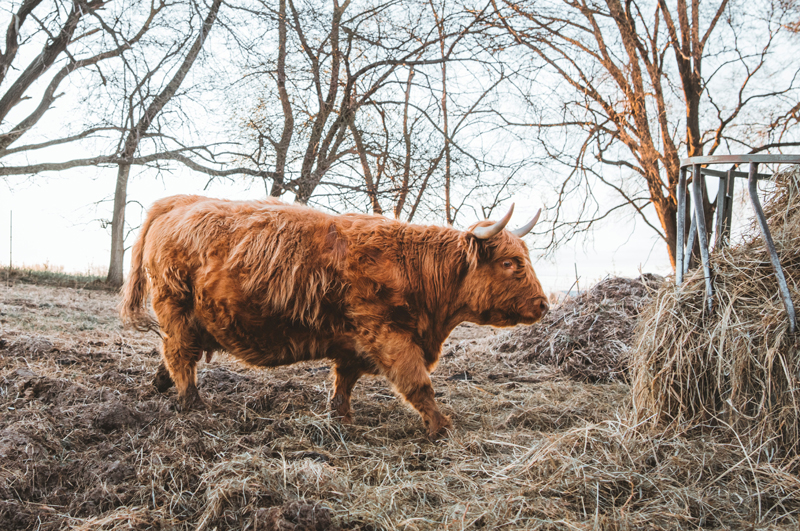 “Even if you go to [the co-op] and you get the organic chicken, that’s not on pasture,” he says. “They’re still Cornish Crosses going from zero to 60 in two seconds, and you’re paying this premium for buzzwords.”
“Even if you go to [the co-op] and you get the organic chicken, that’s not on pasture,” he says. “They’re still Cornish Crosses going from zero to 60 in two seconds, and you’re paying this premium for buzzwords.”
The other problem with poultry farms are often monocultures. Farmers are paid by chicken corporations to only produce quick-growing, high-yield breeds. TünTüm’s model is biodiversity. His chickens share their pastures with Peking ducks, guinea fowl, and soon, Mangalitsa pigs, all fertilizing the soil for vegetables as they graze. Raymond’s ambition is to raise rare and specialty livestock, and that’s where the other 40% comes in.
As a veteran of fine dining, Raymond knows how difficult it can be to source a local pheasant or farm-raised goose liver terrine. He wants to be a go-to resource for chefs who want to bring a new, exotic, farm-raised ingredient to their menu. He’s already sold one of his highland steer to pitmaster Elliott Jones of BBQ by Elliott, who is planning a head-to-tail tasting. Want a chicken that’s fed paprika and lays red-yolked eggs? He’ll set it up.
“I want to work with restaurants and be like, ‘Hey, do you have something that you can’t get around here that you want?,’” Raymond says. “I’ll buy it, I’ll grow it out, and we can try it. Not a lot of people are willing to do that.”
WHAT THE SOIL WILL BEAR
Raymond is about to tell me about his grandest plans for TünTüm Black Hill, but that’s when his smallest steer, a black-coated shit disturber named Taika, breaks out of the paddock. After some coaxing, he returns to the pen, face covered in burrs, and Raymond lays out his dreams for the farm.
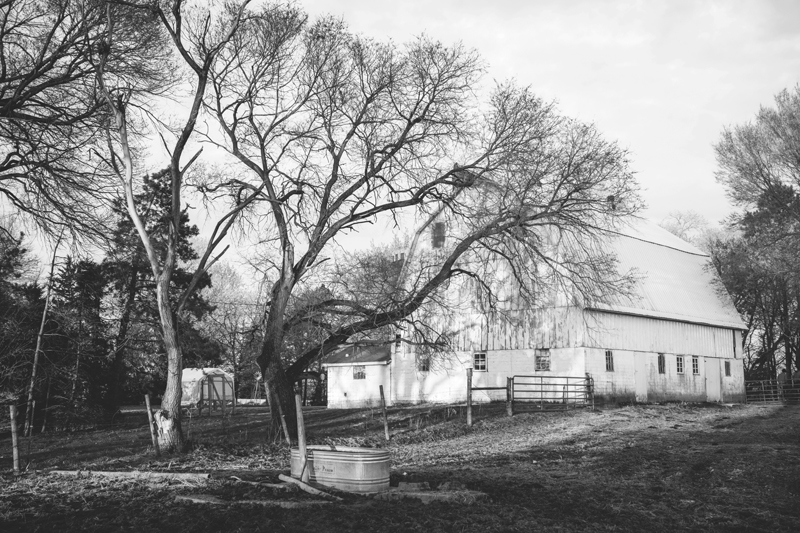 Long term, TünTüm is a way for Raymond to reclaim his hospitality dream. He’s getting quotes for cabins to be built on the back acreage, perfect for WOOFers and AirBnB guests. He has designs for a hyper-local take on Hello Fresh, with local chefs providing the recipes. An educational program for grade-school kids. Whatever it takes to make a 30-something Black man tending cattle in shoes he bought on TikTok seem like everyday farming.
Long term, TünTüm is a way for Raymond to reclaim his hospitality dream. He’s getting quotes for cabins to be built on the back acreage, perfect for WOOFers and AirBnB guests. He has designs for a hyper-local take on Hello Fresh, with local chefs providing the recipes. An educational program for grade-school kids. Whatever it takes to make a 30-something Black man tending cattle in shoes he bought on TikTok seem like everyday farming.
It starts with normalizing that antecedent—everyday farming—in the minds of the brewery-going public. Once folks are coaxed in with the promise of a well-raised, fluffy baby chick, they can start understanding where the agriculture has gone wrong. Then, the rest suddenly makes sense.
“So much of farming as we do it now hasn’t been around for a long time,” Raymond says. “It’s what my grandfather did, it’s what my father did. It’s just so ingrained in us, but it’s unsustainable.”

